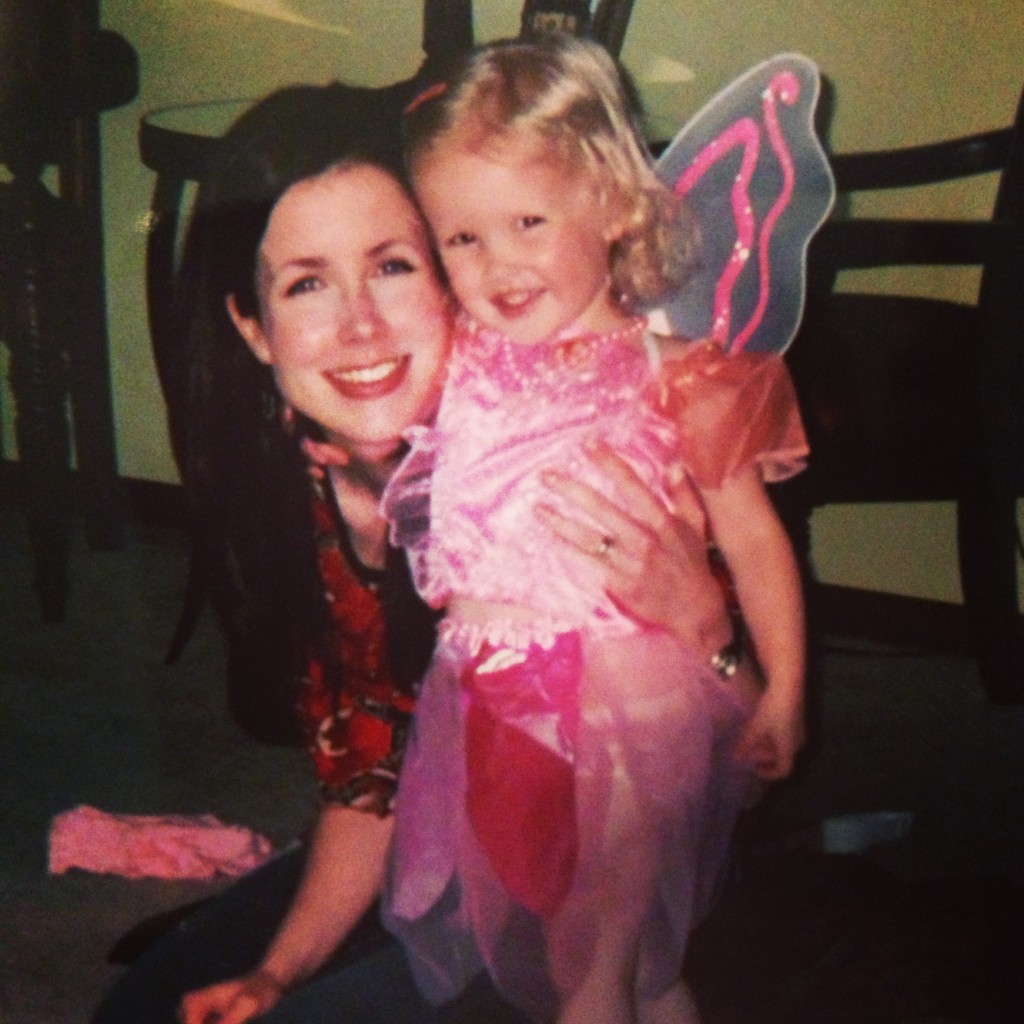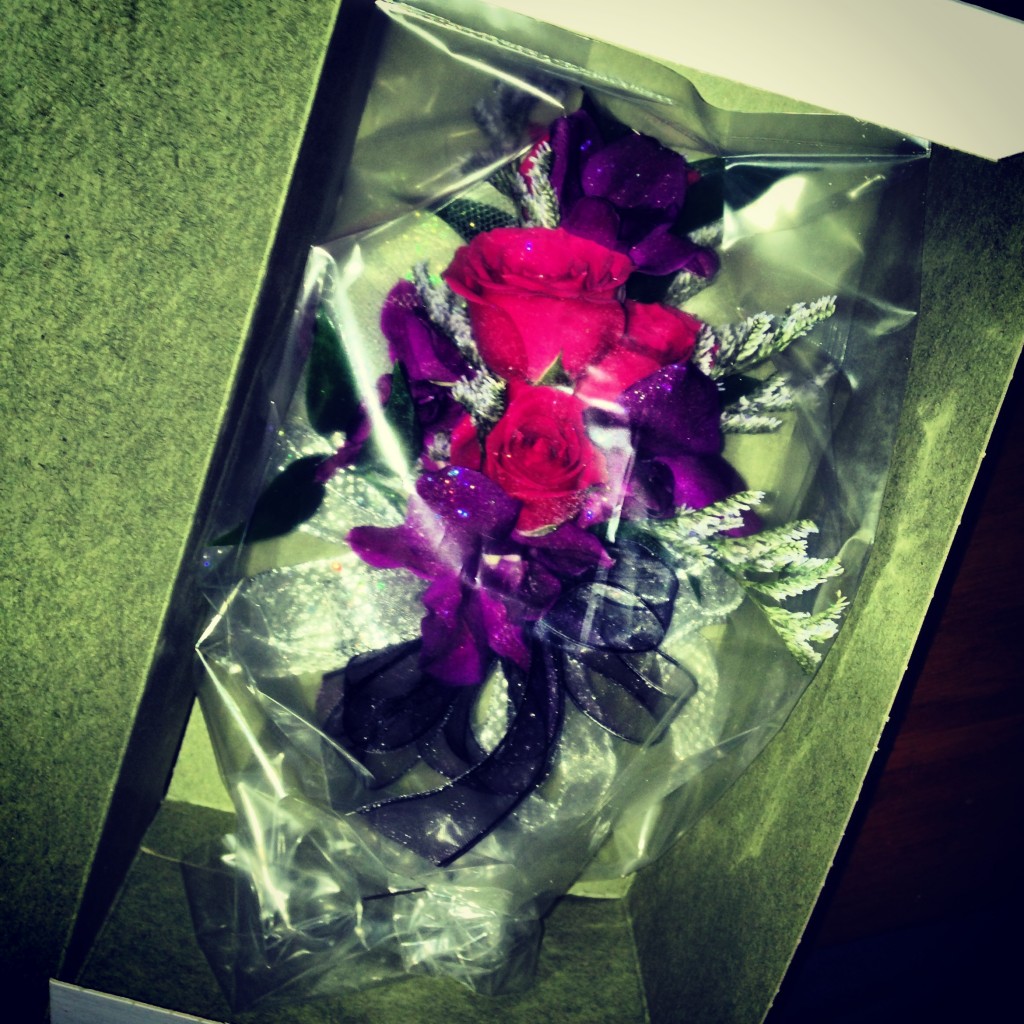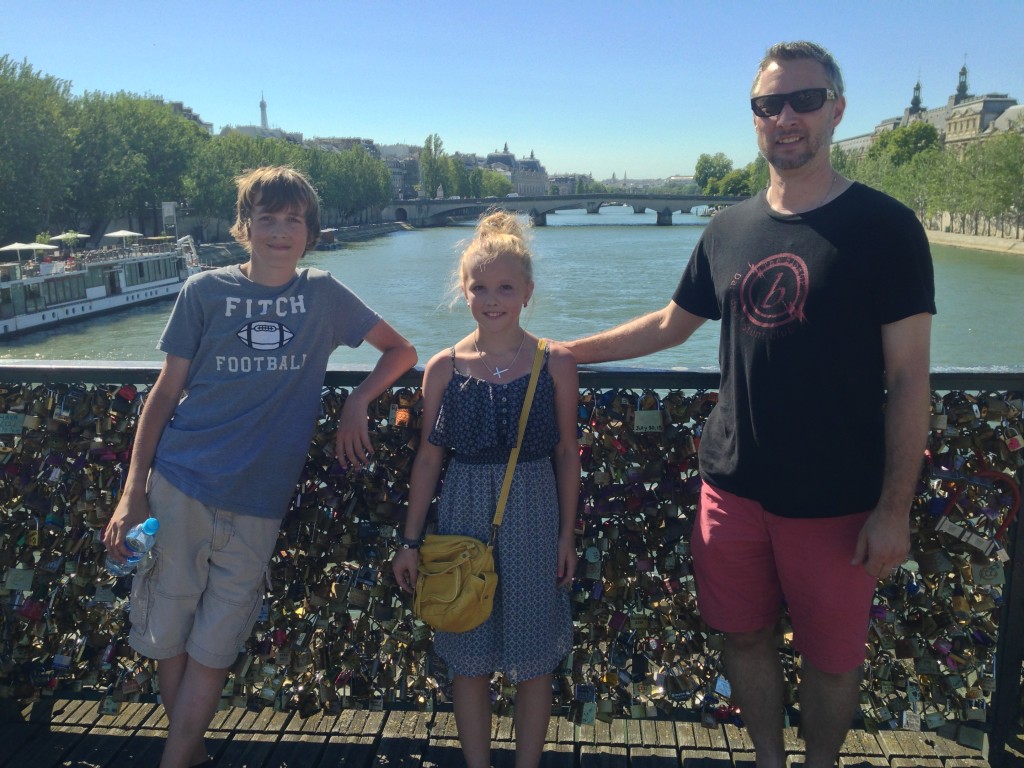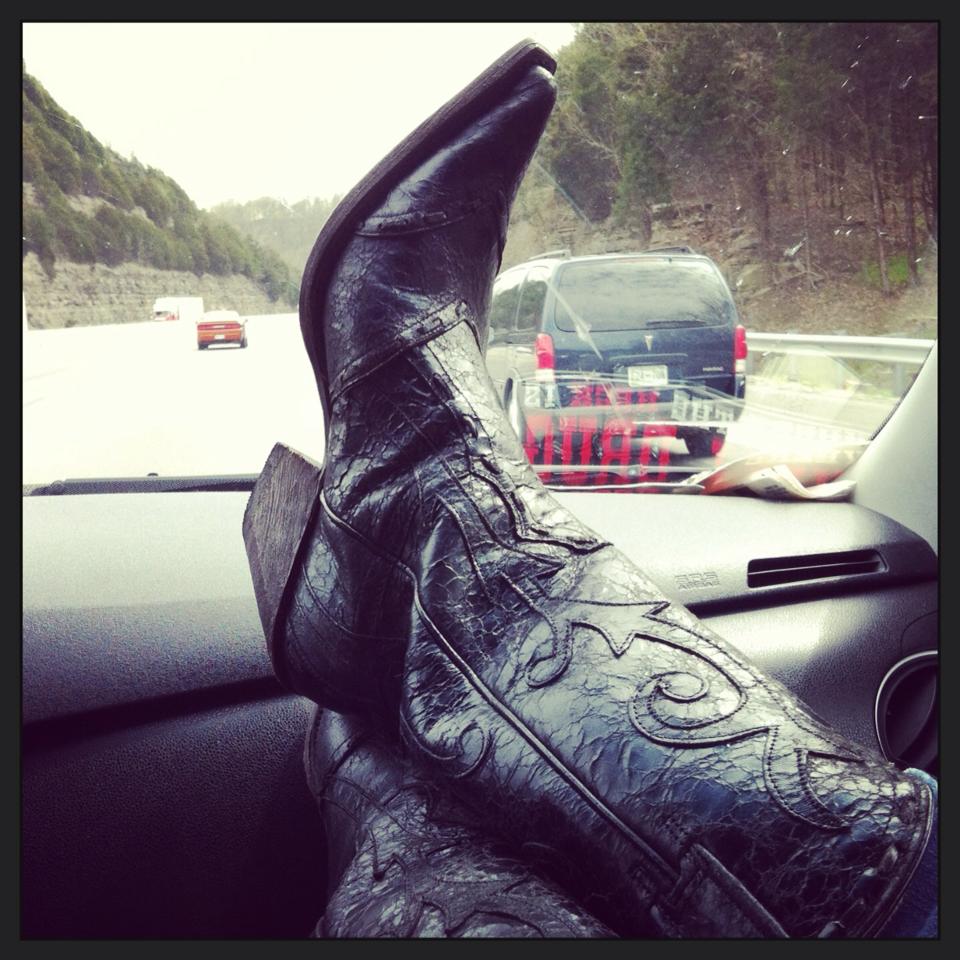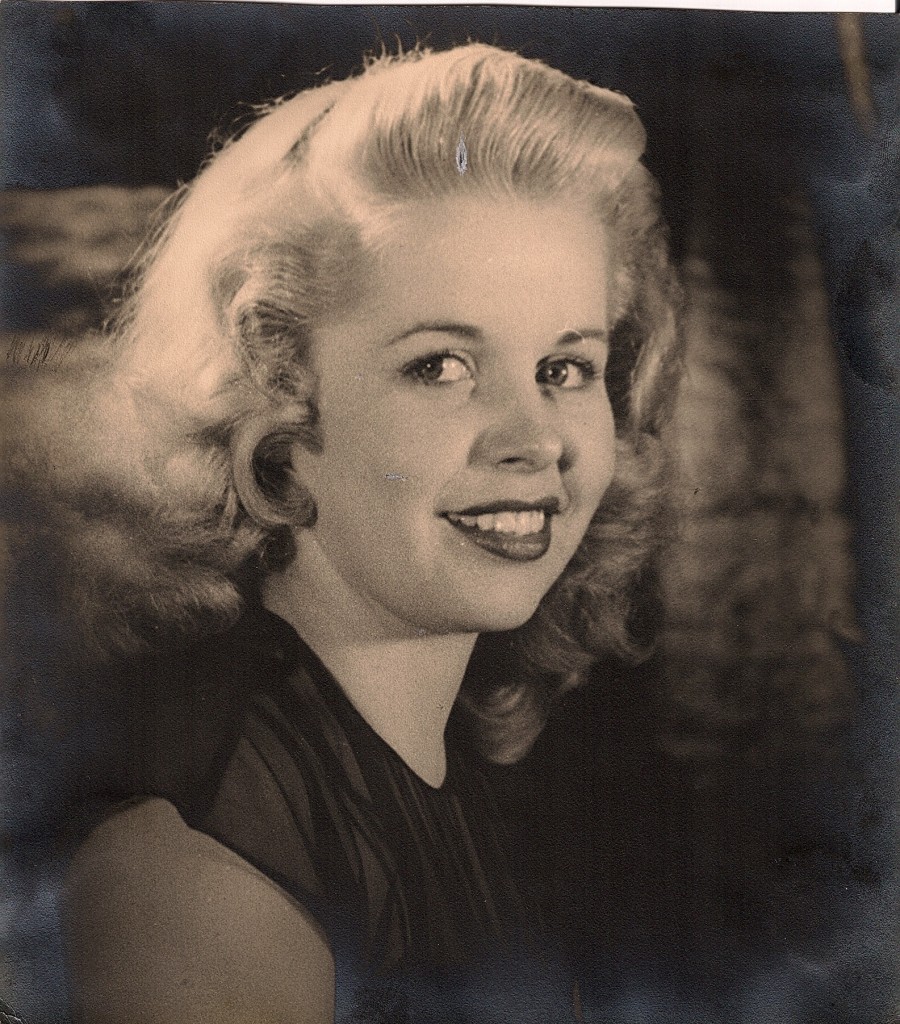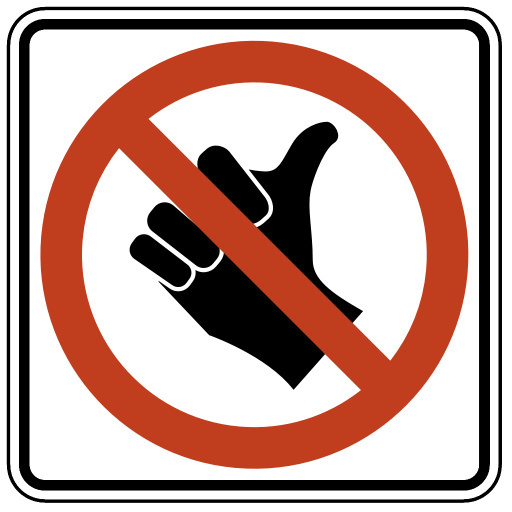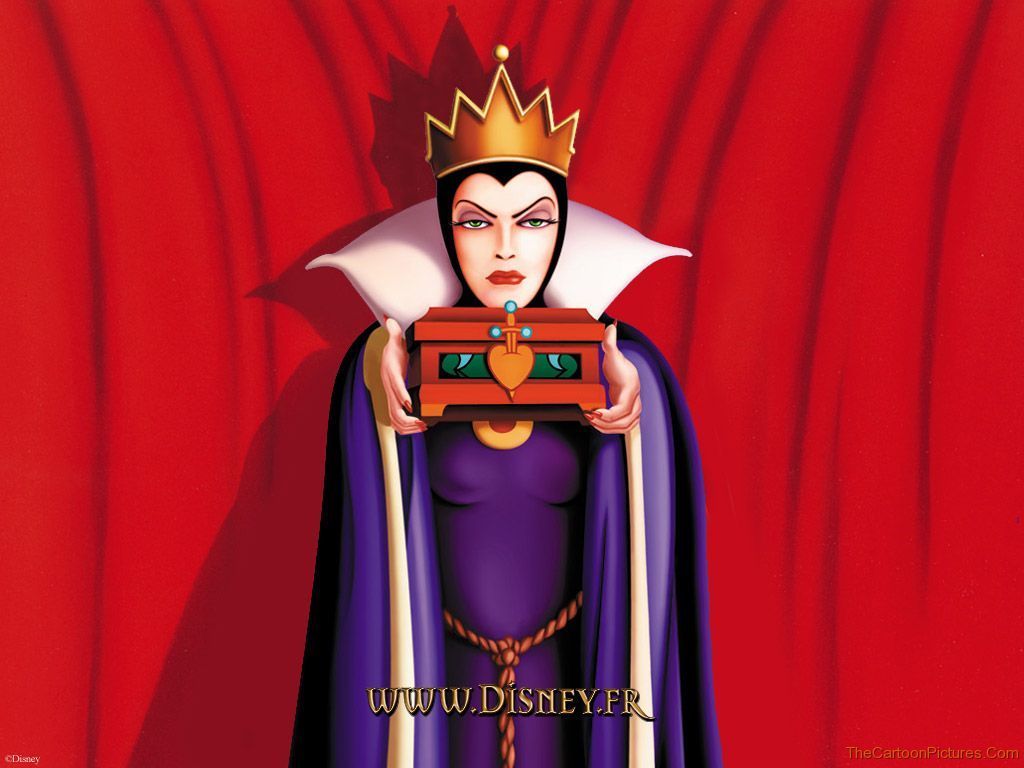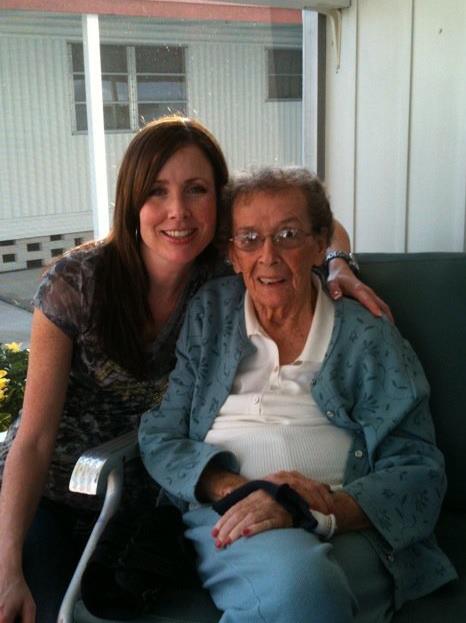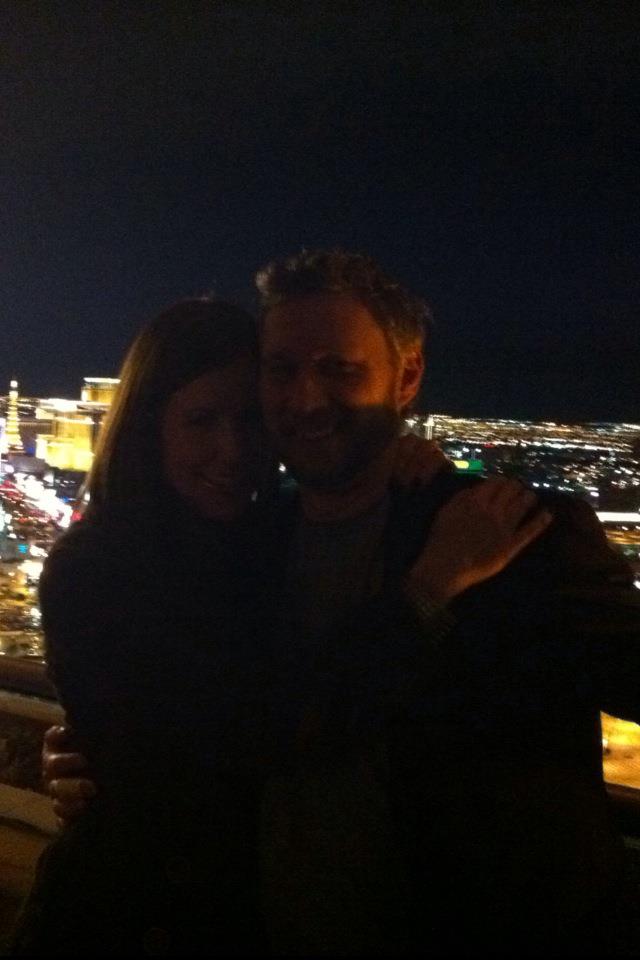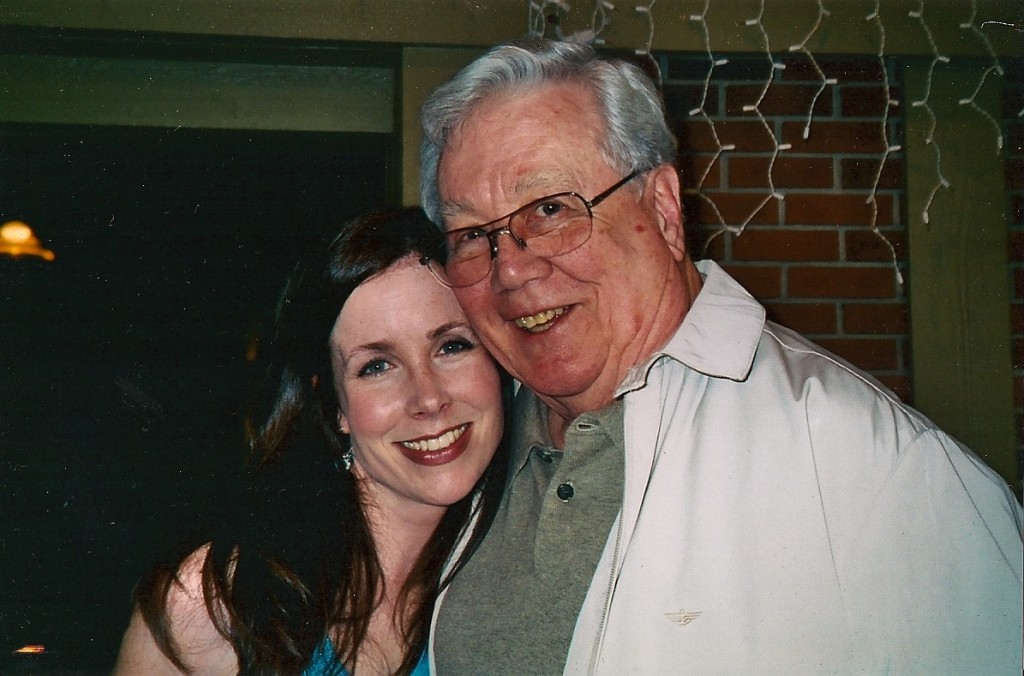Dear Daughter,
The other day I realized something I guess I had been trying to ignore. As we drove to school, you were more withdrawn and serious than usual. We had argued about you not wearing a coat that morning, but I thought you were quiet because you were tired and dreading another long day at school. When you stepped out of the car, however, your entire demeanor changed. You smiled, you chatted with your best friend, you were happy. It was then that I knew exactly what the problem was: me.
It’s OK and normal for you to feel that way. When you are 12 years old, everything your mother does is a) annoying, b) embarrassing or c) both. I felt the same way at your age. Whatever my stepmother said or did made me cringe, and I did my best to keep my distance from her. I spent my free time alone in my room or with my friends, and always as far away from her as possible.
Intellectually, as a woman, I understand and empathize with you. Emotionally, as your mother, it breaks my heart. I hated my stepmother at your age, and my girlfriends all had issues with their moms. Somehow, though, I was under the impression things would be different with my own daughter. It turns out I was wrong. The little girl who clung to my leg for dear life as a toddler now can’t seem to wait to get away from me. It kills me to admit this, but I know it’s true.
We’ve been arguing more and more lately, and I know some of it is my fault. Your attitude toward me makes me angry and tense. I’m on edge whenever I ask you to do something because I’m not sure what your reaction will be. I know that sometimes I lash out too quickly and respond more severely than I should. For that I am sorry. But I am not sorry about calling you out when you treat me with disrespect. I want to be your friend, but I am your mother first. As I have told you many times before, you can think whatever you want about me. How you treat me, however, is not negotiable.
These next few years are going to be challenging for us. I am feeling the full weight of that after watching you walk into school with your friend the other day. I know you are growing up and that part of the process is to separate from your parents and form your own identity. But please don’t think I’m going to let you pull away completely. I’m not ready to give up my position in your world even though I do accept that I am no longer the center of it. I’m still going to ask about your day. I’m still going to coax you out of your room to watch TV or go for a run with me. I’m still going to take you to lunch or the mall once in a while, even though I know you’d prefer to go with your friends. When we’re out I’m going to put down my phone and talk to you and tell you to do the same. I’m going to ask questions, I’m going to embarrass you, I’m going to annoy you.
I’m going to do all those things because I am your mother, and you will always be the center of my world. Get used to it, kiddo. I’m not going anywhere. And someday, I hope, you’ll be happy about that.
Love,
Mom

